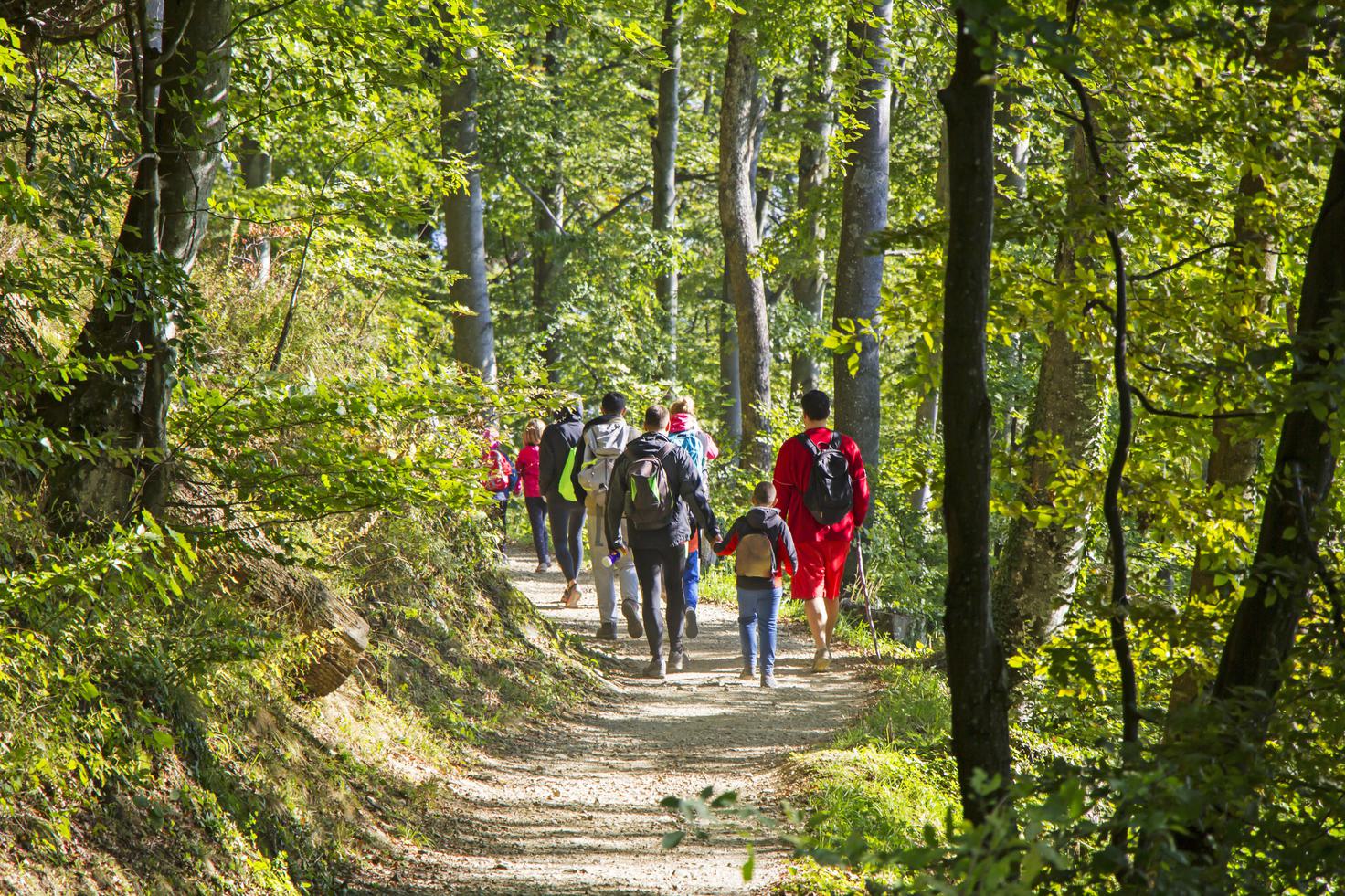
Words by Abi Scaife
If you haven’t heard of ‘social prescribing’ in the last few years - where have you been?! It’s the next big thing in healthcare, and everyone is getting involved.
Despite it being the talk of the proverbial town, not everyone seems to know what social prescribing is, or how it is having huge benefits on our society. Today, on Social Prescribing Day 2024, we put together a short guide to help you understand what it is, and how you can access it.
Social prescribing is when a doctor, like your GP takes into account social factors - like poverty or isolation when prescribing treatment.
According to the NHS website: “It is an approach that connects people to activities, groups, and services in their community to meet the practical, social and emotional needs that affect their health and wellbeing.”
In essence, it looks at the whole person and ways of positively impacting their life and health that aren’t medication. The process isn’t anti-medication though - medicines are a vital and valid part of many treatment programmes - but so is social prescribing.
Often used alongside medicine, social prescribing helps to connect people with their community, which works particularly well for people who have long-term health conditions or struggle with mild mental health issues.
It’s not a way of replacing medication or preventing people from getting the help that they need - instead, it is meant to supplement other treatments. Medication can take a toll on the body, even when it is helping you in the short term, and if there is an alternative through social prescribing that can be helpful.
Exercise is also a regularly prescribed activity - perhaps through providing patients with a leisure centre voucher, or connecting them with groups in the area that take part in hiking or cycling etc.
The National Academy for Social Prescribing found that “nature-based social prescribing can positively impact happiness and well-being and reduce social isolation” making it ideal for those struggling with depression.
The results for other kinds of social prescription are similar - either alone or in combination with other kinds of treatment such as medication, therapy or other, it can help to alleviate symptoms.
Additionally, the National Academy for Social Prescribing also found it has a positive effect on GP practices and the NHS - alleviating pressure and reducing costs. They said: “For every £1 of the £180,000 funding spent supporting vulnerable people, the social prescribing service produced more than £10 of benefits in terms of better health.”
Talk to your doctor.
It really is as simple as that - if you’re seeking treatment and think social prescribing may be for you, talk to your GP during your next appointment. Or, do your research and think about what might help you - whether it be gardening, community groups, physical exercise, meditation - or something completely different.
It might be a new phenomenon, but social prescribing certainly isn’t going away any time soon. While social prescribing may not work for everyone - or for every ailment - it is a brilliant new alternative that is bringing relief to people all around the country.
At Smiley Movement, we like to elevate the work of charities across the world. Here are three charities whose causes align with the themes in this article.
Campaign to End Loneliness. This charity campaigns to make sure that people most at risk of loneliness are reached and supported. Support them here.
Samaritans. Samaritans works to make sure there's always someone there for anyone who needs someone. Find out more here.
Ripple Suicide Prevention. R;pple exists to ensure immediate mental health support is presented to individuals following a harmful online search. Learn more here.
This article aligns with the UN SDG Good Health and Wellbeing.